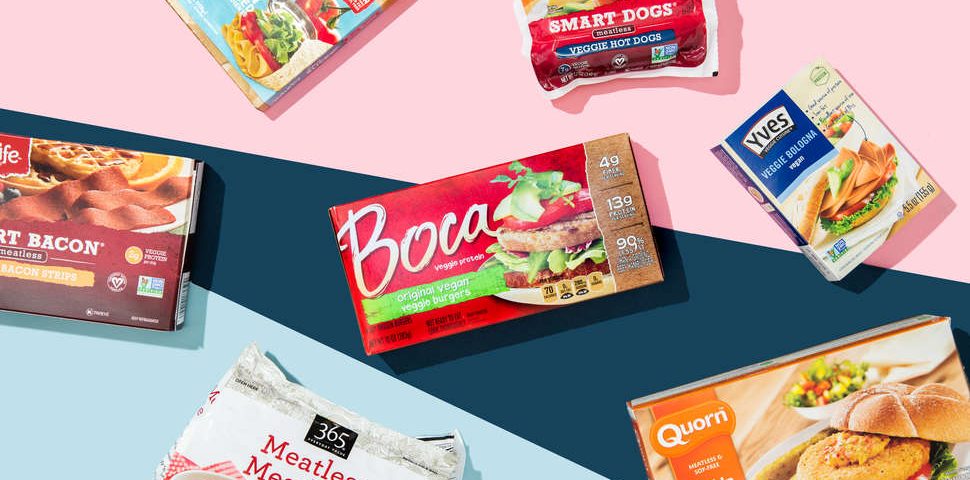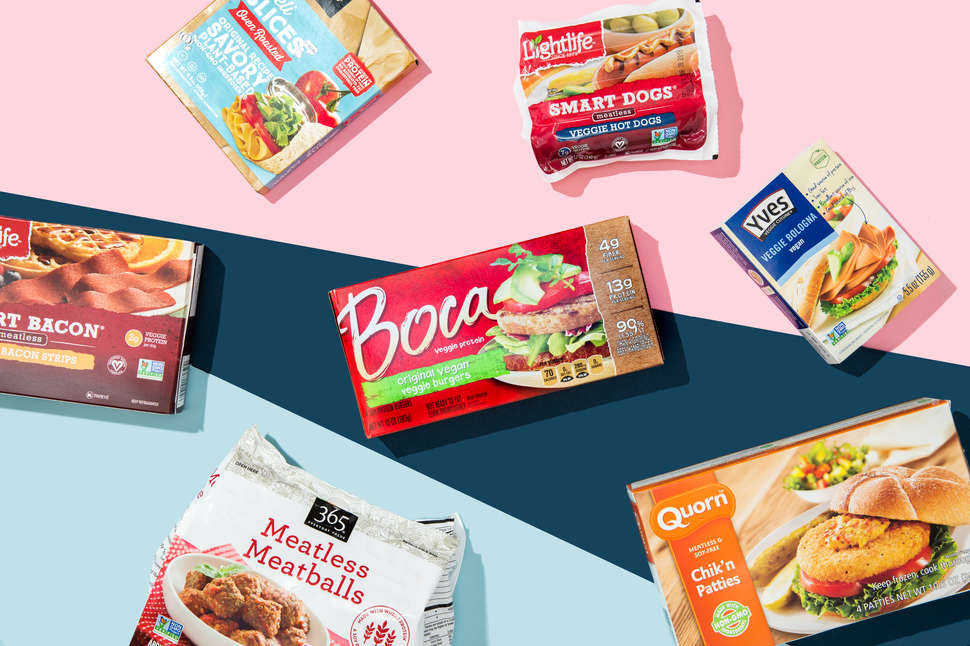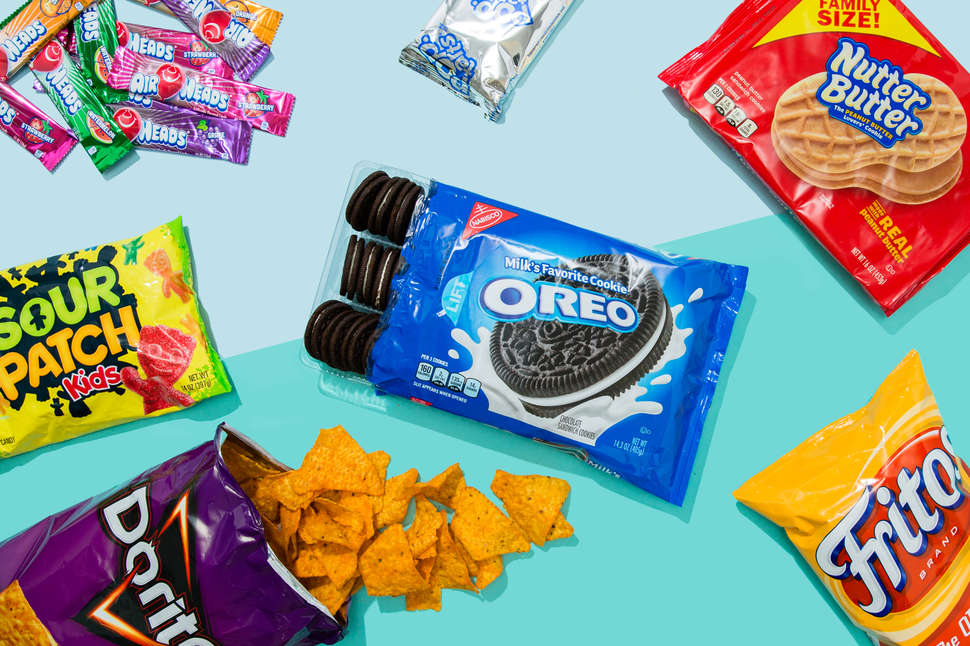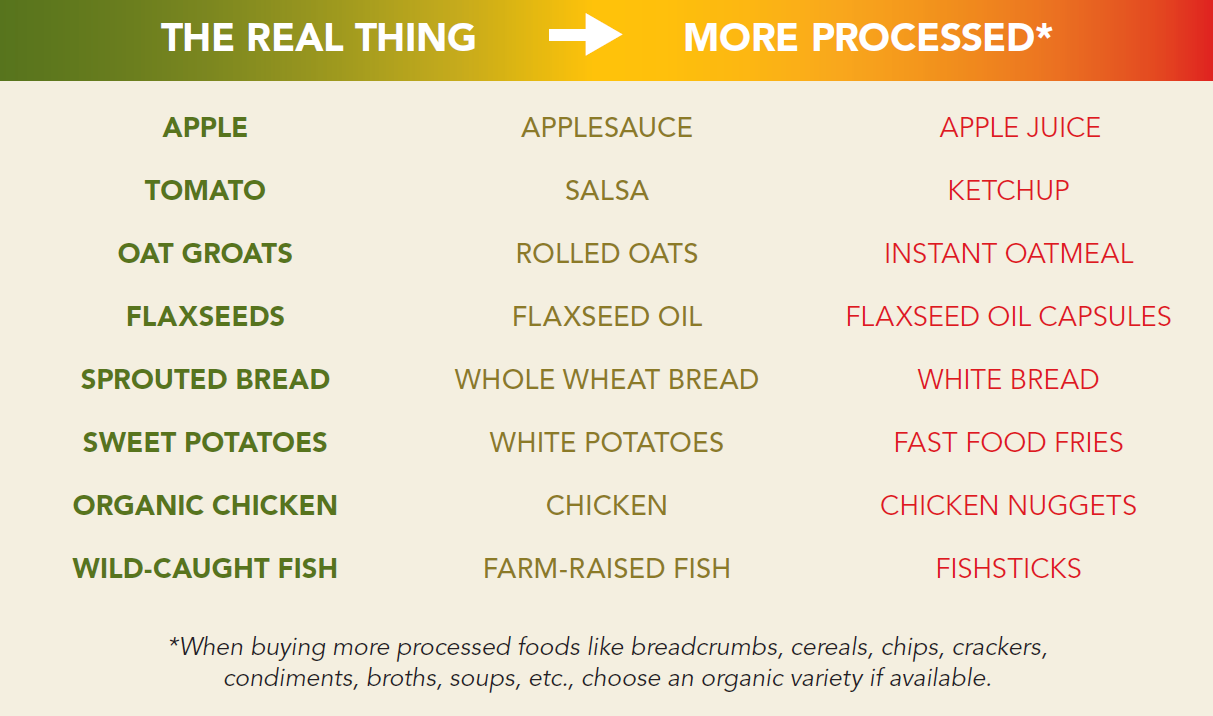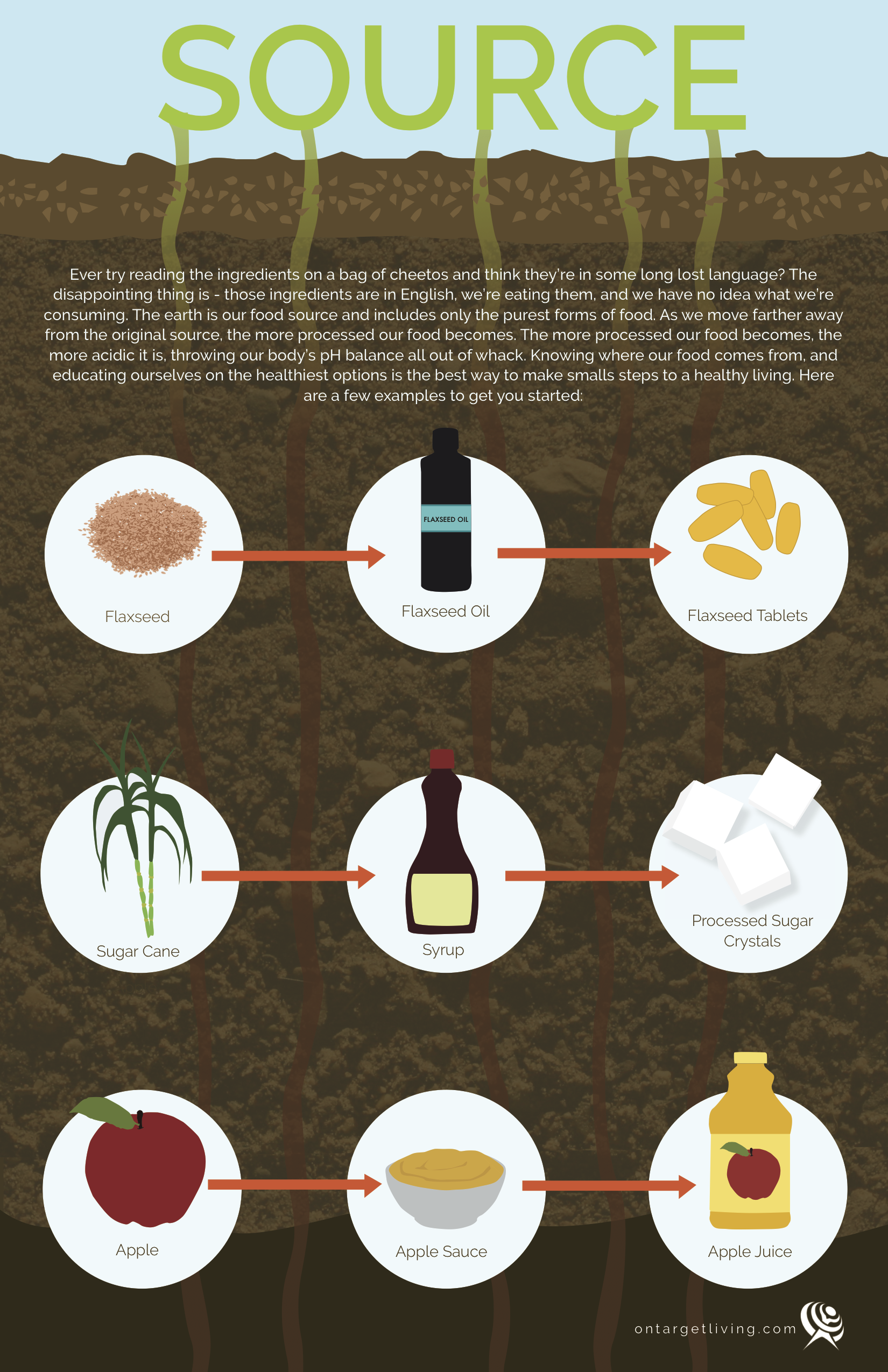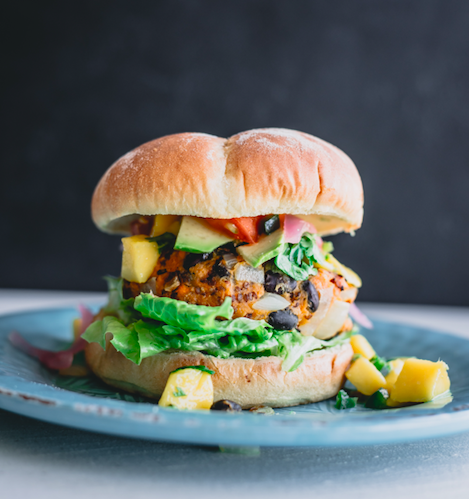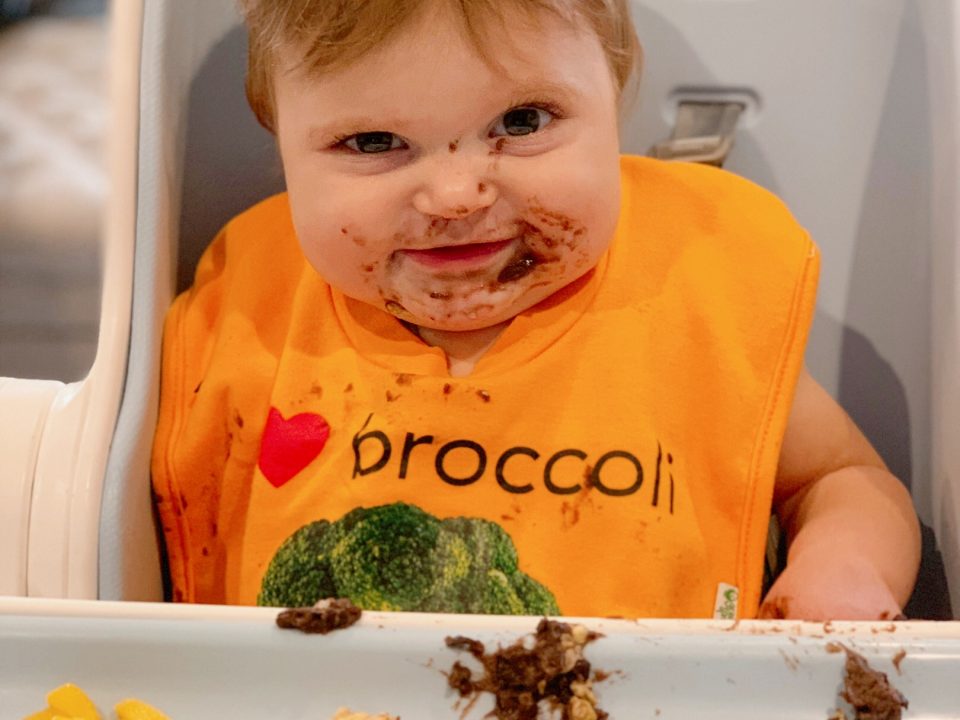
My Birth Story
August 29, 2019
Plant Based Burgers. Healthy or Not?
October 22, 2019One of the biggest food trends to ever hit the market is the plant-based movement. With more and more people looking to reduce their meat intake and increase their intake of fruits and vegetables, plant-based has become the newest and most appealing diet.
Unfortunately, consumers don’t really understand this plant-based concept and believe as long as it’s meat-free, it’s healthy.
What we are finding is that many people who start to reduce their meat intake, begin eating more processed foods or “faux” alternatives to meat. Even though French fries, pasta, cookies, chips, vegan cheese, and tofurkey, fall into the “vegan” or “plant-based” diet, it doesn’t mean they are healthy. These plant-based products may simply be the next generation of processed food.
This same idea happened with the gluten-free movement. Many people believed that anything labeled “gluten-free” was heathy. Soon, gluten-free crackers, pastas, breads, chips, cookies, and even more packaged foods hit the market. What many people didn’t realize was that these gluten-free items were even more processed, had more ingredients, and were harder for the body to break down than the real “wheat” based foods these products were competing with.
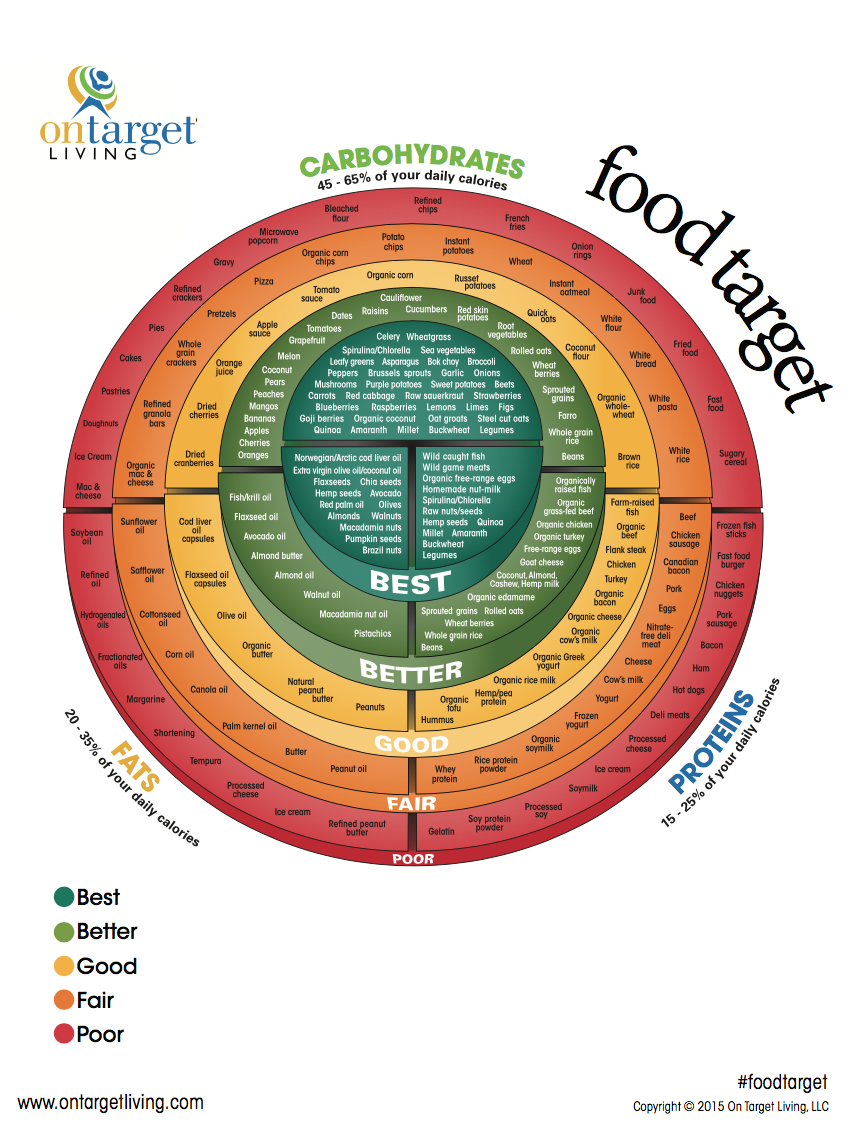
Unfortunately, many of us aren’t listening to our body or taking responsibility of our health. Many of the issues we struggle with such as gluten-intolerant, lactose intolerant, diabetes, high blood pressure, and weight gain have to do with our lifestyle and overconsumption of processed foods, lack of sleep, and physical inactivity.
When the body starts to consume more “live foods” think anything that rots like fruits, vegetables, versus “dead foods” anything that comes in a box, package, gel, drink, bar, powder, pill, supplement—our gut bacteria becomes balanced, our digestion improves and we are able to digest, absorb, and breakdown the food we eat—and many of our specific issues start to disappear.
It’s no wonder we are following a low FODMAP diet or diets that are low in certain carbohydrates like beans, legumes, fruits, vegetables, and ancient grains. We use these diets to treat our digestive related symptoms versus thinking about how we can fix the source of our issues in the first place. Eating an apple or eating a bowl of steel cut oats are not causing digestive issues or making us fat. What we need to do is strengthen our digestion, improve our gut health and boost our immune system by eating real, whole foods.
Plant-Based Burgers
The Impossible Burger and Beyond Meat Burger are the newest faux meat burgers to hit grocery stores and restaurants. Both are vegan and contain animal products or by-products and are designed to mimic the taste and texture of real beef. They also are less than 300 calories, contain about 20 grams of protein, and have zero cholesterol.
You can find the Impossible burger in places like Burger King, Red Robin, White Castle, Umami Burger, Qdoba, and Little Caesars. You can find Beyond Meat burgers at TGI Fridays, Del Taco, and Carls Jr. Beyond burger also makes plant-based bratwurst sausage, Italian sausage and meat crumbles.
While all of this sounds healthy from the outside, it is far from healthy on the inside. What consumers don’t realize is that ingredients are number one indicator of quality and if we can’t recognize the ingredients we are consuming—they are not real food. At On Target Living, our number one food rule is, “If you can’t read it, you shouldn’t eat it.”
Here are the ingredients you can find in these popular burgers.
The Impossible Burger
Water, Soy Protein Concentrate, Coconut Oil, Sunflower Oil, Natural Flavors, 2% or less of: Potato Protein, Methylcellulose, Yeast Extract, Cultured Dextrose, Food Starch Modified, Soy Leghemoglobin, Salt, Soy Protein Isolate, Mixed Tocopherols (Vitamin E), Zinc Gluconate, Thiamine Hydrochloride (Vitamin B1), Sodium Ascorbate (Vitamin C), Niacin, Pyridoxine Hydrochloride (Vitamin B6), Riboflavin (Vitamin B2), Vitamin B12.
The Beyond Meat Burger
Water, Pea Protein Isolate, Expeller-Pressed Canola Oil, Refined Coconut Oil, Contains 2% or less of the following: Cellulose from Bamboo, Methylcellulose, Potato Starch, Natural Flavor, Maltodextrin, Yeast Extract, Salt, Sunflower Oil, Vegetable Glycerin, Dried Yeast, Gum Arabic, Citrus Extract (to protect quality), Ascorbic Acid (to maintain color), Beet Juice Extract (for color), Acetic Acid, Succinic Acid, Modified Food Starch, Annatto (for color).
In terms of ingredients, these two burgers are pretty similar besides the fact that the Impossible burger uses soy protein and Beyond Meat uses pea protein as the main protein source. To mimic the red color and bleeding effect of beef, the Impossible burger uses soy leghemoglobin and the Beyond meat burger uses beet extract.
Both of these plant-based companies have created a burger in a lab by scientists. Both foods are processed foods, hence the long list of ingredients. Want to know the definition of processed food?
As a Registered Dietitian, I am here to tell you that 300 calories, 20 grams of protein, and zero cholesterol tells you nothing about the quality of a product or what it will do in your body. In fact, cholesterol is our healing nutrient, helps to balance hormones, and is far from a bad thing. We also know that calories are not created equal and too much protein makes the body very acidic leading to inflammation and poor health.
Ingredients will always tell us about the quality of a product and when we put the right ingredients in our body it knows how to feel, act and function. When we start to improve the quality of the foods we are eating, the less likely we are to overeat or have to count calories or macros. We know that foods that have one ingredient like an apple, broccoli, rolled oats will be extremely healthy for us and will contain a balance of carbs, proteins, and fats needed for optimal health.
Personally, I’d rather eat a one ingredient burger that contains grass-fed beef versus a burger that contains over 20 ingredients all of which I can’t pronounce. While, these plant-based meats may have an environmental impact on animal agriculture and may be more sustainable for the planet—we have no idea what they are doing to our health and won’t know for several years. At what cost are we willing to sacrifice our greatest asset of all? What we do know for sure, is that these ingredients are killing our guts.
Be Wary of Science Based Articles
While there may be studies out there that claim plant-based meats are more sustainable for the planet, there are an equal amount of studies that say consuming meat has little to no effect on our environmental impact compared to overpopulation, pollution, food waste, ocean acidification, and genetic modification. One study that modeled what would happen if we eliminated all animal products from our food system showed that greenhouse gas emissions would only go down by 2.6% while overall calorie intake and nutrient deficiencies would dramatically go up.
Bottom line is that studies can be skewed to give us any result. Science is “the pursuit of knowledge.” Unfortunately and fortunately, science is always changing and doesn’t mean it’s right. Think about trans fats. The FDA claimed that trans fats were safe for human consumption and many manufactures started to replace saturated fats in their products with trans fats. Now, trans fats are banned from our entire food system because of the harmful and deadly affects they have on our health. When reading a study, keep in mind who funds the study. If the Soyfood Council or Soybean Board funds a study claiming soy and soy-based items are healthy, we know why.
Conclusion
To encourage people to eat no meat is just not practical considering 95% of our population eats meat. What we need to do is eat more plants, less meat and the meat we do eat should be better.
The Golden Food Rule
We are all looking for a simple, one concept golden rule to make the right food choices. Well, at On Target Living we teach just that—and it’s called THE SOURCE. As long as the foods we are eating are as close to THE SOURCE as possible, meaning they are in their natural state, we can’t go wrong. Food closest to THE SOURCE will be the healthiest, least processed, most affordable and flavorful way to eat.
Nothing is off limits when it’s from the source. This is a concept that will last no matter what new diet craze hits the market and will never go out of style. It’s how we define whether a food is healthy or not. There is no need to be confused by the new food trends or diets when you focus on THE SOURCE concept. THE SOURCE will always trump plant-based.
So, if someone asks you whether chocolate is healthy or not? Your answer should be, “depends on THE SOURCE.” Is it the raw unprocessed form of dark chocolate known as cacao, which is loaded in calming magnesium and other healthful properties or is it a processed candy bar which contains added sugar, processed dairy and no nutritional value?
Food Rules
We should all be following Michael Pollen’s famous quote, “Eat food, not too much, mostly plants.” Here he breaks down his 7 Rules for Eating.
- Don’t eat anything your great grandmother wouldn’t recognize as food.
- Don’t eat anything with more than five ingredients, or ingredients you can’t pronounce.
- Stay out of the middle of the supermarket; shop on the perimeter of the store. Real food tends to be on the outer edge of the store near the loading docks, where it can be replaced with fresh foods when it goes bad.
- Don’t eat anything that won’t eventually rot.
- It is not just what you eat but how you eat. “Always leave the table a little hungry. Many cultures have rules that you stop eating before you are full. In Japan, they say eat until you are four-fifths full. Islamic culture has a similar rule, and in German culture they say, “Tie off the sack before it’s full.”
- Families traditionally ate together, around a table and not a TV, at regular meal times. It’s a good tradition. Enjoy meals with the people you love.
- Don’t buy food where you buy your gasoline. In the U.S., 20% of food is eaten in the car.
My Food Rules
To simplify, I love to teach two simple food rules for mindful eating or eating in a way that makes you feel happy and healthy. AKA, eating in the way you want to. #1: Use Your Common Sense to Make Choices. #2: Always choose Foods Closest to THE SOURCE.

Common sense is our intuition and the feeling in the gut that tells us whether something is truly healthy or not. It’s our greatest wisdom.
Don’t be confused when you see vegan cheese, nut- based yogurt, plant- based tacos, molecular coffee, cell-based meats, and other food crazes. Arm yourself with THE SOURCE concept and you will always win.
As humans we make 35,000 decisions each day with 226 of them being food related. Let’s start making the eating process simple again and literally go back to our roots and where food started. My advice is to eat whatever you want, as long as it’s homemade.
Let’s get back to enjoying the entire process of eating—the shopping, the cooking, and the eating to stimulate all of our senses to make food an experience. While these plant- based burgers may look like a burger and taste like a burger, they will not make us feel the same way as eating a burger. There are no short cuts when it comes to food—real will always be best.

